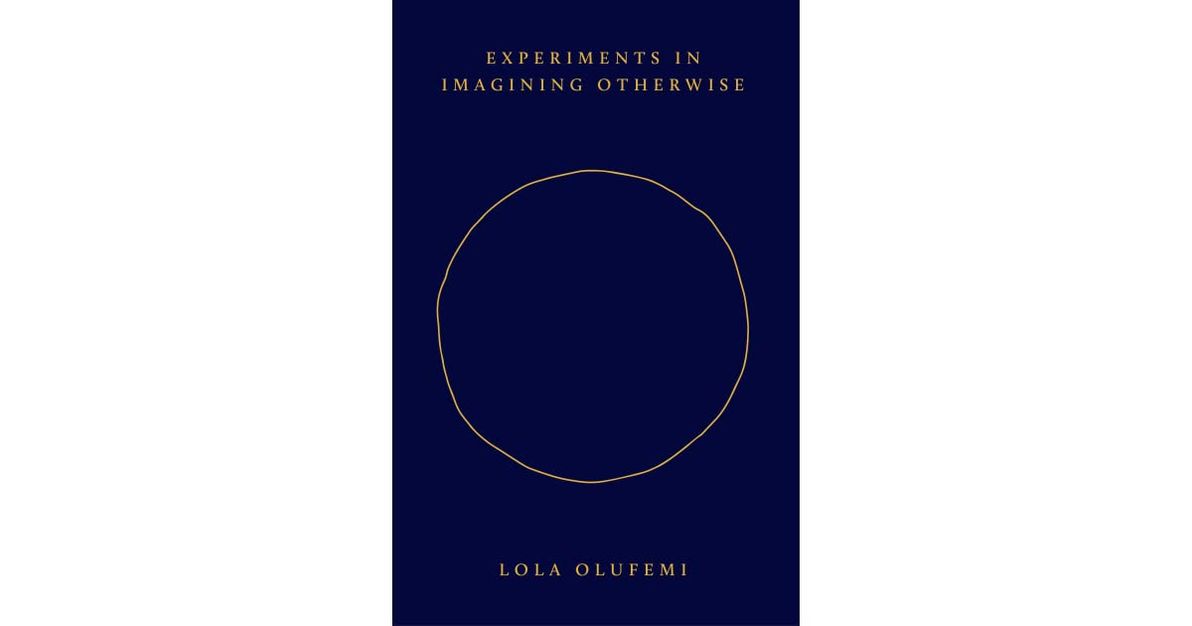The UN Declaration of Human Rights, Articles 13, 14 and 15:
Article 13.
- Everyone has the right to freedom of movement and residence within the borders of each state.
- Everyone has the right to leave any country, including his own, and to return to his country.
Article 14.
- Everyone has the right to seek and to enjoy in other countries asylum from persecution.
- This right may not be invoked in the case of prosecutions genuinely arising from non-political crimes or from acts contrary to the purposes and principles of the United Nations.
Article 15.
- Everyone has the right to a nationality.
- No one shall be arbitrarily deprived of his nationality nor denied the right to change his nationality.
These ‘universal’ human rights were adopted by fifty-eight members of the UN General Assembly in 1948, following the end of World War II. They are not legally binding and are understood to be a milestone in the use of universalistic language that makes no particular reference to culture, language, religion or political orientation.
******
Many years after these rights are adopted, a Boeing 787-8 Dreamliner flies more than 3,500 feet above the ground; it has departed from Kenya. Residents on Offerton Road, South London, hear his body before they see it. It lands next to a sunbather.
I want to linger here because I think it sounds like something impossible. A man’s frozen body falls from the under-carriage of a plane into someone’s back garden.
But it happened, and still some of us know little about his life, his name, the how or the why. Kenyan officials claimed he was probably someone with access to airside, as it would be near impossible for a member of the general public to stow themselves away without being caught. Witnesses say that the body was intact because it was an ‘ice block’. There is no way for us to properly understand a story like this. It remains a distant short of fiction, narrativised by liberal journalists for its peculiarity. We have to feel the space between us and this man. So he remains immemorial, his body removed and buried in silence; the sunbathers deal with the intrusion quietly, the story appears once or twice (always accompanied by a picture of an airplane).
‘Rights’ cannot make this man, the man who fell to his death from an airplane, known to us. They’re too cold. Rights say this much and no more – enough liberty to make you think you exist but never enough to make you anything but abject. They only tell us what he was, in theory, entitled to.
What good is it to talk about rights if people do not have means? I want to ask, how do ‘rights’ fail us and what would happen if instead, we supported each other’s claims to a liveable life? What does a ‘claim’ do that a right cannot? What could a pact do?
I’m thinking of Gwendolyn Brooks’ poem, I’m committing her to memory: ‘We are each other’s harvest; we are each other’s business; we are each other’s magnitude and bond’. Bonds might be more powerful than rights. They’re insoluble, they signal a mutual commitment to remain involved with one another beyond the narrowly confined limits of the law. Bonds are a kind of sealed promise, bound tightly by interrelation. In this context, our promise might be to build a world of abundant life, an existence where premature death is impossible. Claim means ‘to state or assert that something is the case, typically without providing evidence or proof’; and as a noun, ‘a demand or request for something considered one’s due’.
I’m stuck on this question: what was his due?
Lola Olufemi is a black feminist writer and researcher from London. She is co-author of A FLY Girl’s Guide to University, and author of Feminism, Interrupted: Disrupting Power. The above article is an extract from her latest book, Experiments in Imagining Otherwise, which was published by Hajar Press in 2021.
Decolonising Geography educators wish to express our extreme gratitude are both to Hajar Press, and to Lola Olufemi, for permission to publish this excerpt.
This article is the third in our series of reflections on 'everyday geographies', building up to the 2022 annual conference of the Geographical Association on this theme. You can read the first, by Gavin Brown on the Non-Stop Picket of the South African Embassy, here. And you can read the second, by Luke de Noronha on everyday racism and the violence of borders, here.

